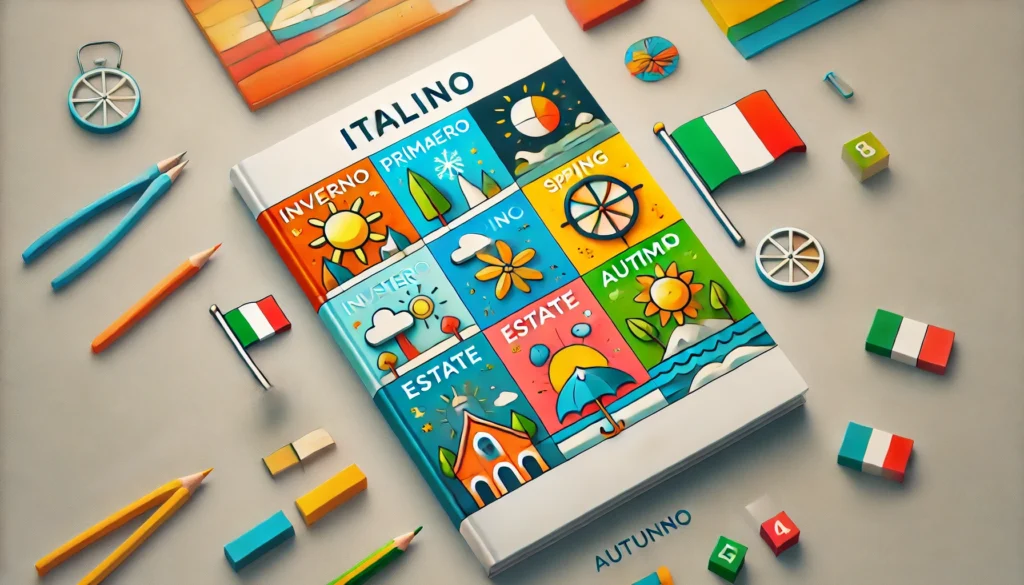Seasons in Italian
Learning about seasons in Italian is an essential topic for language learners as it not only helps in everyday conversations but also provides insights into Italian culture and traditions. Understanding the seasons allows you to discuss weather conditions, plan activities, and engage in seasonal festivities with native speakers. Here are some tips on how to effectively learn about seasons in Italian while making the process enjoyable:
Importance of Learning Seasons in Italian:
1. Communicating Effectively: Knowing the Italian words for seasons enables you to express yourself clearly when discussing plans, preferences, or memories related to specific times of the year.
2. Cultural Awareness: Italy is known for its rich seasonal traditions, such as Carnevale in winter and Ferragosto in summer. Understanding the significance of each season in Italian culture enhances your appreciation of the country’s customs.
How to Learn Seasons in Italian:
1. Vocabulary Practice: Start by learning the Italian names for the four seasons: inverno (winter), primavera (spring), estate (summer), and autunno (autumn). Use flashcards or language learning apps to memorize these words.
2. Dialogue Practice: Engage in conversations or role-plays where you discuss activities or events specific to each season. This interactive approach helps reinforce your knowledge and improves your speaking skills.
Examples of Seasons in Italian:
- Winter: In Italia, l’inverno porta neve e temperature fredde. (In Italy, winter brings snow and cold temperatures.)
- Spring: Durante la primavera, i fiori sbocciano e gli uccelli cantano. (During spring, flowers bloom and birds sing.)
- Summer: L’estate è la stagione perfetta per andare al mare. (Summer is the perfect season to go to the beach.)
- Autumn: In autunno, le foglie cadono dagli alberi creando un paesaggio colorato. (In autumn, leaves fall from the trees creating a colorful landscape.)
By incorporating these examples into your language learning routine, you can effectively grasp the concept of seasons in Italian while improving your overall proficiency in the language. Remember to practice regularly and immerse yourself in Italian media to reinforce your understanding of seasonal vocabulary.
Learning about seasons in Italian can be both educational and enjoyable. Consider watching Italian films or cooking traditional seasonal dishes to make the learning process fun and engaging. Embrace the beauty of each season as you expand your language skills and cultural knowledge through the vibrant world of Italian seasons.

Primavera(Spring)

Estate(Summer)

Autunno(Autumn)

Inverno(Winter)

